18 Mar 2021 | Jagdish Krishnaswamy
The recent landslide in February on a glacier in Uttarakhand’s Chamoli and subsequent floods and toll of human life and property has drawn our attention once again to the irony…
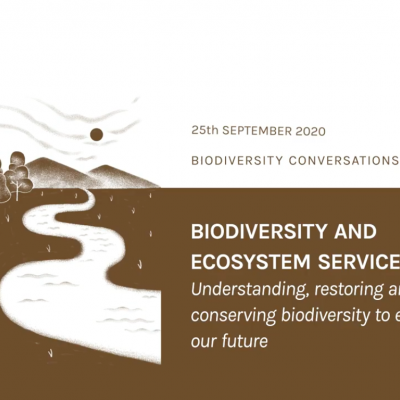
Biodiversity Collaborative / Biodiversity Collaborative
2020
03 Mar 2021 | Kamaljit Bawa, Nandan Nawn,Ravi Chellam, Jagdish Krishnaswamy, Vinod Mathur
India and other nations need new frameworks that integrate science with policies to enhance human well-being, restore and conserve nature, and build capacity.
Read Article
03 Mar 2021 |
The planet is losing biodiversity at an unprecedented rate, posing grave danger to human health and prosperity, the UN Convention on Biological Diversity warned in its flagship…
03 Mar 2021 | Mahesh Sankaran, Jagdish Krishnaswamy, Uma Ramakrishnan
Bats are the only mammal capable of sustained flight. They are a very species rich group, with over 1200 species worldwide2, and more species being discovered every year. After…

Bangalore Sustainability Forum / Bangalore International Centre
2020
Bangalore’s eminent biologists and environmental scholars, Satyajit Mayor, Mahesh Sankaran, Uma Ramakrishnan and Harini Nagendra join the dots on coronavirus, biodiversity and forests loss.
03 Mar 2021 |
Wetlands in Delhi and Haryana, home to hundreds of species of birds, face serious threats from pollution and encroachment; official recognition could be an important step towards…
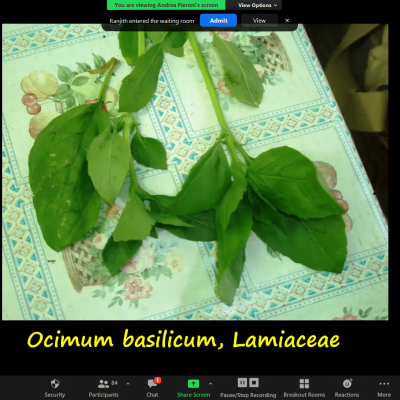
Dr Abdul Kareem and Nishanth Gurav / TDU
2021
Professor Andrea Pieroni is currently the Rector of the University of Gastronomic Sciences, Italy that aims at creating a constant dialogue between Traditional Knowledge holders/local communities and the “scientific” arena, and implementing food sovereignty and sustainability. He is trained in medical botany at the University of Pisa. Prof. Andrea Pieroni earned his doctorate from the University of Bonn in Germany. He has served as the Vice President and President of the International Society of Ethnobiology (2008-2010). He is the founder and Chief Editor of the Journal of Ethnobiology and Ethnomedicine (ethnobiomed.com). He is a Honorary Member of the Academy of Science of Albania. He has conducted extensive research and published several papers on traditional foraging & folk perceptions, Food cultural heritage and its dynamics, Human ecology and biocultural diversity, cross-cultural and diachronic analyses of LEK (local environmental knowledge) systems; cultural adaptation processes.
In this talk he talks about his research on various aspects on Ethnobotany of Wild plants across Europe. The talk was attended by Hundreds of Students/Researchers across India and globally.
In this talk he talks about his research on various aspects on Ethnobotany of Wild plants across Europe. The talk was attended by Hundreds of Students/Researchers across India and globally.

Dr Abdul Kareem and Nishanth Gurav / TDU
2021
Dr. Maria Fadiman is a Professor of Geography at the Department of Geosciences, Florida Atlantic University, Florida, USA. She is a National Geographic Emerging Explorer, a writer of academic articles and adventure essays. Her work is primarily in rural areas with indigenous people and subsistence agriculturalists. The majority of her research is in the rainforests of Latin America. She has also researched with with Mayan weavers in the Yucatan and studied medicinal plants with the Lacandon people in Chiapas, Mexico, explored alternative livelihoods in Africa for those who depend on tree poaching from the national parks in the savanna; explored house construction from natural materials in the Philippines; studied the Maori utilization of the Kauri tree in New Zealand; created an ethnobotanical booklet with the Ha tribe in Tanzania Africa; and looked at globalization in reference to the Omegot (Ngasech, First Born) ceremony on Palau, Micronesia. She has also been a TEDx speaker at TEDx Berkeley and TEDx Cancun
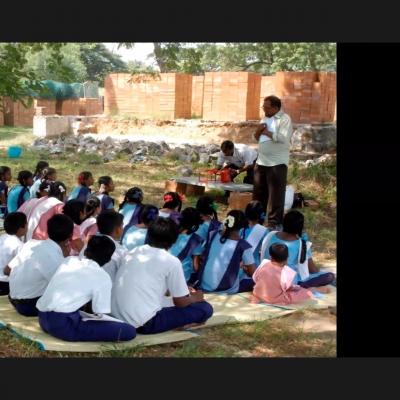
TDU, NMNH (MoEF&CC) and RMNH / TDU, NMNH (MoEF&CC) and RMNH
2021
This event was a 2 day National Webinar Series organized by National Museum of Natural History(NMNH), New delhi
(ministry of environment, forest and climate change) THE UNIVERSITY OF TRANS-DISCIPLINARY HEALTH SCIENCES AND TECHNOLOGY (TDU), BANGALORE
Conducted by:
Centre for conservation of natural resources(CCNR), tdu
REGIONAL MUSEUM OF NATURAL HISTORY(RMNH), MYSURU
(ministry of environment, forest and climate change) THE UNIVERSITY OF TRANS-DISCIPLINARY HEALTH SCIENCES AND TECHNOLOGY (TDU), BANGALORE
Conducted by:
Centre for conservation of natural resources(CCNR), tdu
REGIONAL MUSEUM OF NATURAL HISTORY(RMNH), MYSURU

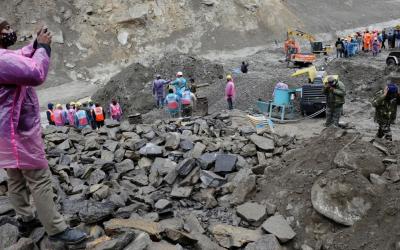
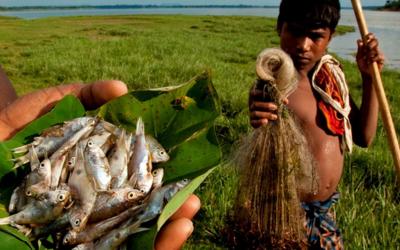
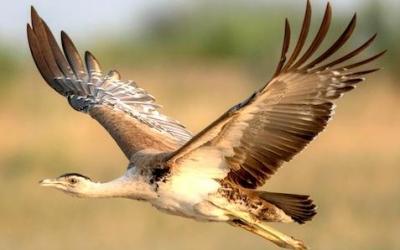

![Sarus cranes in Delhi’s Najafgarh wetland [Image by Neha Sinha]](/sites/default/files/styles/article_medium/public/article_images/Flamingo-silhouette-2-1024x683.jpg?itok=cNdfe-ox)